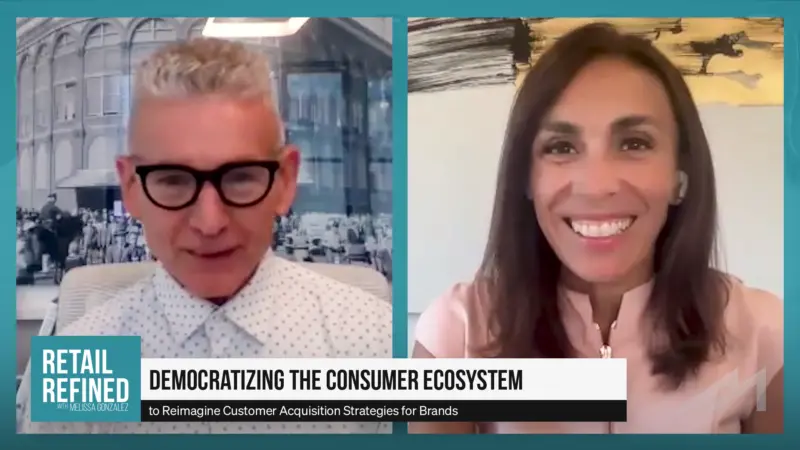Graham Anderson of Kenect : 89 Percent of Consumers Prefer Text to Phone Call
Even though texting has become a staple of how we communicate, businesses are still scared to use it to interact with customers. They shouldn’t be, though; it’s way more powerful than any other medium out there. 95 percent of all text messages arrive within three minutes and are opened soon thereafter, but less than 20 percent of emails are even opened. Imagine that communicative power blasting customers’ cell phones.
In this podcast, we speak with Graham Anderson, Chief Marketing Officer for Kenect, about how texting is revolutionizing the way that businesses are now communicating with their customers and potential customers.
Businesses are tentative to text, but study after study shows that consumers actually want businesses to shoot their shot over text. 89 percent of consumers would rather interact via text messaging than with a phone call, for a variety of reasons: they don’t like to wait on hold (and can become annoyed with a business after sitting on hold too long), they don’t like being called at an inconvenient time and it’s a hassle to play phone tag.
Anderson paints a vivid scenario, one that he says is attainable: instead of waiting two or three days for a doctor’s office to call back or waiting 20 minutes on hold, an employee could just text a client with an appointment time and they could reply back confirming or denying, saving everyone a lot of valuable time and energy. They could even send back a calendar link so all the available appointments could be browsed.
Listen to Anderson explain how businesses can leverage text messaging to make sure that customers respond to survey requests and even invoices more than 30 times the average of traditional attempts, as well as how businesses are actually selling directly through text messaging, which according to Anderson, is pure gold and a win for everyone.
For the latest news, videos, and podcasts in the Retail Industry, be sure to subscribe to our industry publication.
Follow us on social media for the latest updates in B2B!
Twitter – @RetailMKSL
Facebook – facebook.com/marketscale
LinkedIn – linkedin.com/company/marketscale







